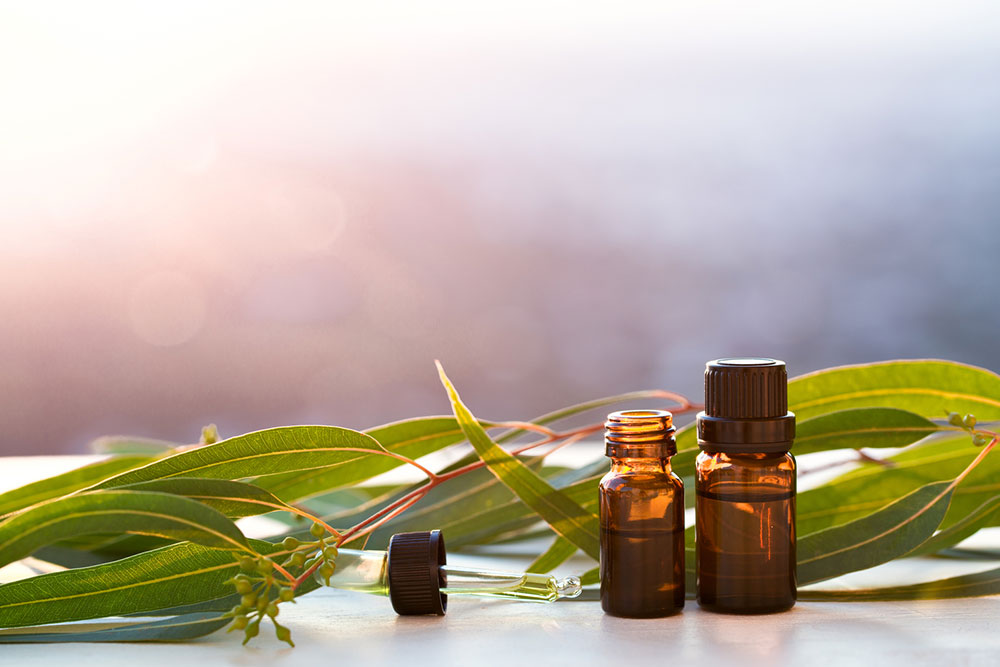Effective Natural Remedies to Relieve Nasal Polyp Symptoms and Improve Breathing
Discover comprehensive natural remedies for nasal polyps including steam inhalation, nasal irrigation, herbal teas, and essential oils. These methods can alleviate discomfort, reduce inflammation, and improve breathing without invasive procedures. Consult healthcare professionals for personalized treatment and experience relief with safe, natural strategies designed to promote sinus health and overall well-being.

Effective Natural Remedies to Relieve Nasal Polyp Symptoms and Improve Breathing
Nasal polyps are benign growths that develop within the nasal passages and sinuses, often causing discomfort and impacting breathing quality. These growths, which can vary in size and number, tend to cause symptoms such as persistent nasal congestion, a constant runny nose, and nasal blockage. These symptoms can significantly interfere with daily routines, sleep quality, and overall well-being. Fortunately, a variety of natural strategies and remedies exist that can help alleviate the symptoms associated with nasal polyps, providing relief and promoting better nasal health. This comprehensive guide explores effective non-pharmacological methods that individuals can incorporate into their daily routines to manage nasal polyp symptoms naturally.
Steam Inhalation: Opening Up Airwaves for Better Breathing
One of the simplest and most accessible natural remedies for nasal congestion caused by polyps is steam inhalation. Breathing in steam helps loosen thick mucus, reduce inflammation, and soothe irritated nasal tissues. To perform steam inhalation, you can take a hot shower or create a steam basin by boiling water and pouring it into a wide bowl. Cover your head with a towel to trap the steam and lean over the bowl, inhaling deeply through your nose. Adding a few drops of essential oils like eucalyptus or peppermint can enhance the decongestant effect. Regular steam inhalation, about 2-3 times daily, may significantly ease nasal blockage and promote clearer breathing.
Nasal Flushing: Clearing Blockages and Reducing Inflammation
Another effective natural method involves nasal irrigation, typically using a saline solution or a neti pot. This process helps flush out mucus, allergens, and irritants from the nasal passages, reducing pressure and congestion. It’s essential to use sterile, distilled, or previously boiled water to prepare the saline solution, ensuring safety and avoiding infections. Using a neti pot or nasal spray containing corticosteroids like fluticasone, budesonide, or beclomethasone can also help diminish inflammation inside the nasal passages. Regular nasal flushing can provide long-term relief from polyps' symptoms and help maintain nasal hygiene.
Beyond mechanical methods, incorporating specific herbs and natural oils can bolster your defenses against nasal polyps. Herbs such as ginger and garlic are renowned for their anti-inflammatory and antimicrobial properties, supporting overall immunity and reducing tissue swelling. Ginger can be brewed into a soothing tea or added fresh to meals, while garlic can be incorporated into various dishes for added health benefits. These natural ingredients may help decrease inflammation and prevent infection or further growth of polyps.
Tea Tree Oil: Applying Topical Anti-inflammatory Power
Tea tree oil is well-known for its antibacterial and anti-inflammatory effects. When diluted with carrier oils like coconut or olive oil, it can be applied topically or used in inhalation diffusers to help soothe irritated nasal tissues, lessen itchiness, and reduce inflammation associated with polyps. Caution must be exercised to ensure proper dilution to avoid skin irritation or allergic reactions. Regular use may contribute to quicker relief from symptoms like nasal itching or discomfort.
Herbal Teas: Soothing and Decongesting
Warm herbal teas, especially chamomile, serve as natural decongestants, helping to open nasal passages and soothe inflamed tissues. Drinking chamomile tea before bedtime can also promote relaxation and better sleep, which is crucial when dealing with chronic nasal issues. Additionally, herbal infusions with ingredients like peppermint or ginger can provide further relief due to their natural decongestant and anti-inflammatory properties.
Butterbur: A Natural Plant-Based Remedy
The butterbur plant has been traditionally used in herbal medicine for treating sinus and allergy symptoms. Some studies suggest that butterbur extracts can alleviate nasal congestion, reduce nasal discharge, and lessen headache severity linked to nasal polyps. When choosing butterbur products, always select those from reputable sources to avoid harmful contaminants like pyrrolizidine alkaloids. Consulting a healthcare professional before starting butterbur supplements is also advised to ensure safety and proper dosing.
Eucalyptus Oil: Inhalation for Clearer Sinuses
Eucalyptus oil’s potent anti-inflammatory and antibacterial properties make it a popular natural remedy for nasal congestion. Diluted eucalyptus oil can be added to steam inhalations or diffused in the air to help reduce sinus swelling and improve airflow. Its aromatic benefits can also provide a refreshing sensation, aiding in breathing ease. As with other essential oils, proper dilution and cautious use are key to avoiding skin or mucous membrane irritation.
In conclusion, while nasal polyps can be challenging to manage, they do not always require invasive procedures. Natural remedies such as steam inhalation, nasal irrigation, herbal teas, and essential oils can effectively reduce symptoms and promote healthier nasal passages. However, it is important to consult with a healthcare professional for a comprehensive treatment plan, especially if symptoms persist or worsen. Combining these natural strategies with medical advice can lead to better management and improved quality of life.





